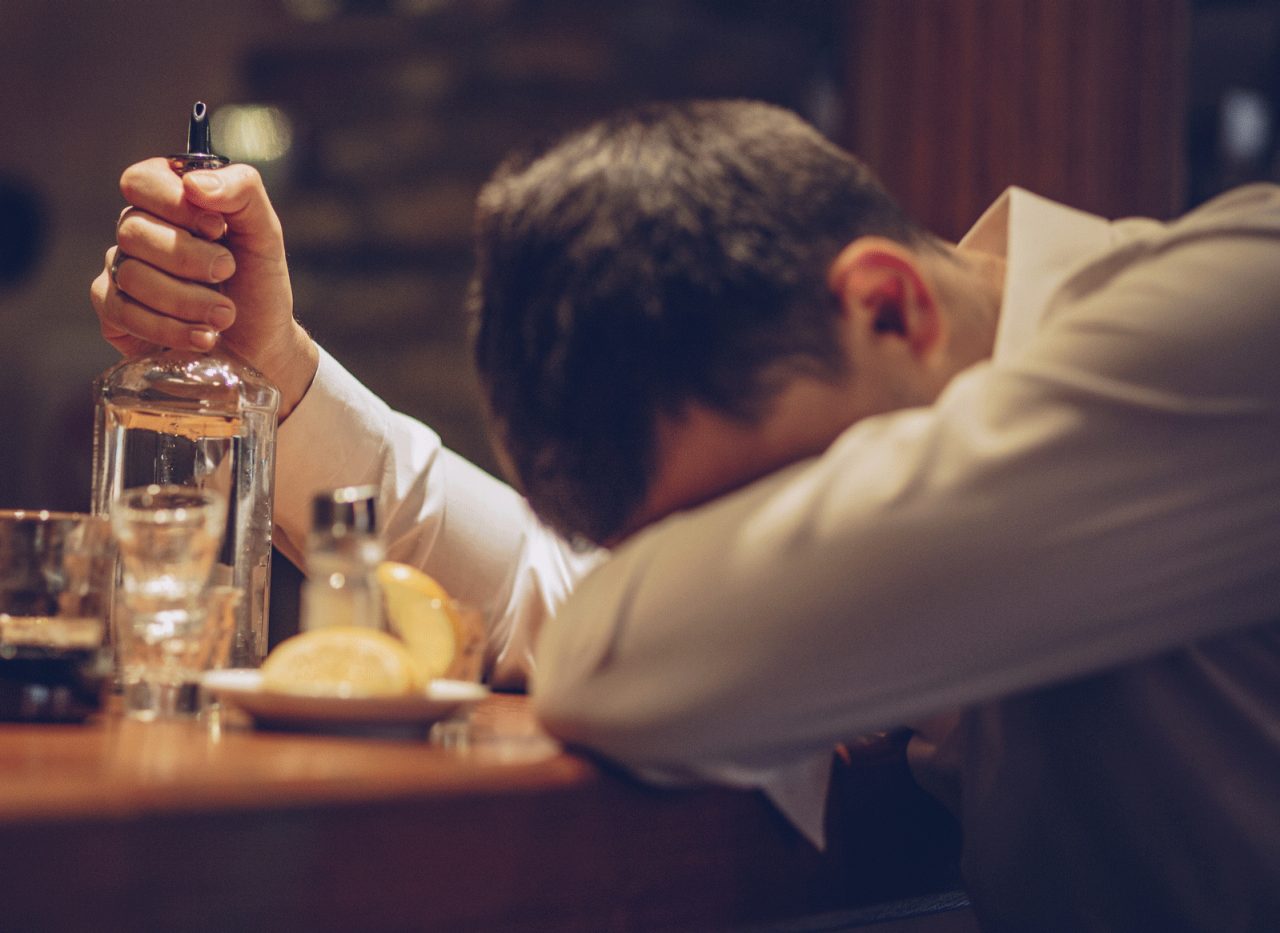Treating Insomnia Could Help Cut Binge Drinking

The answer to sleep problems isn’t drinking before you go to bed. Alcohol may help you fall asleep but then actually interrupts your sleep cycle.
More than half of people in their 20s who binge drink also have trouble sleeping. When they get help fixing their sleep, they drink less too, a small study found.
The reason may be that when you’re rested you are better able to manage your emotions and behavior, lead study author Mary Beth Miller, PhD, an assistant professor of clinical psychiatry at the University of Missouri School of Medicine in Columbia, observed.
The researchers recruited 56 people between the ages of 18 and 30 who had downed four or more drinks on one occasion in the past month. Half of the group received five weekly sessions of cognitive behavioral therapy (CBT) that covered relaxation techniques as well as sleep hygiene. They also kept sleep diaries. The other half had one session discussing how to create the best sleeping conditions and establish a bedtime routine.
YOU MIGHT ALSO LIKE: Our Sleep Care section
All participants wore wrist devices to measure sleep and completed daily sleep and drinking questionnaires.
The treatment worked — all the participants reported sleeping better, with CBT participants having more improvement. In both groups, the volunteers drank less as well.
Binge drinking at any age increases your risk of insomnia, large studies of teens and young adults as well as middle-aged and older adults show.
Alcohol won’t help you sleep better
Drinking near bedtime can help you fall asleep quickly, so people with changing bedtimes or anxiety may see alcohol as a solution. To minimize sleep disruptions, you should stop drinking at least four hours before going to bed.
Alcohol can interfere with the rapid eye-movement phase of sleep when you dream and consolidate memories. As your liver enzymes metabolize the alcohol during the night, your blood alcohol level drops, and you can wake up. You’ll end up less rested.
In fact, it’s easy to fall into a vicious cycle. When you’re tired you drink coffee to get through the day, and then grab a couple of beers to fall asleep at night. If you develop a tolerance for alcohol, you’ll need to drink increasingly more to get the sedative effect.
Once you have an alcohol use disorder, quitting may not solve your sleep problems. Many people end up having trouble falling asleep and are awake more often during the night even when they’ve stopped drinking.
What you can do
If you need to get a handle on your drinking, or notice an uptick, look at your sleep habits. Some simple fixes to try include:
- People with insomnia tend to spend too much time lying in bed awake. It’s better to get up and read (but not on an electronic device), listen to music, meditate, or pray.
- Stick to your sleep schedule even on weekends.
- Get exercise during the day, and don’t eat too late.
- Try a sleep mask.
- Look into a CBT program or an app. There are many apps for relaxation, which can help you, but only a few are based on CBT science. Veterans Affairs has a free app that works for non-veterans as well, though it’s not designed to be used without help. Other options include Sleepio and SHUT-i.
Updated:
April 03, 2023
Reviewed By:
Janet O’Dell, RN